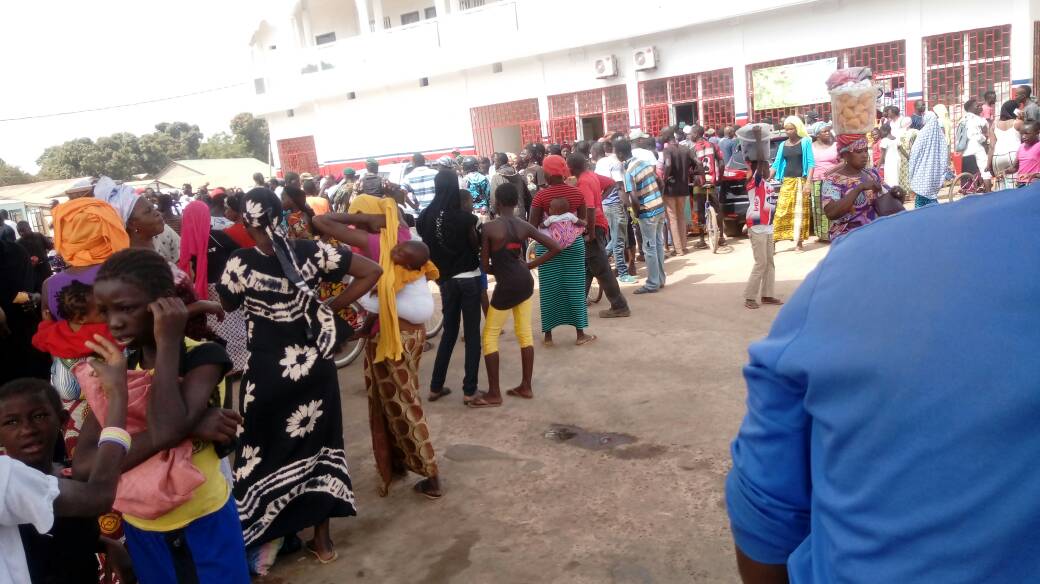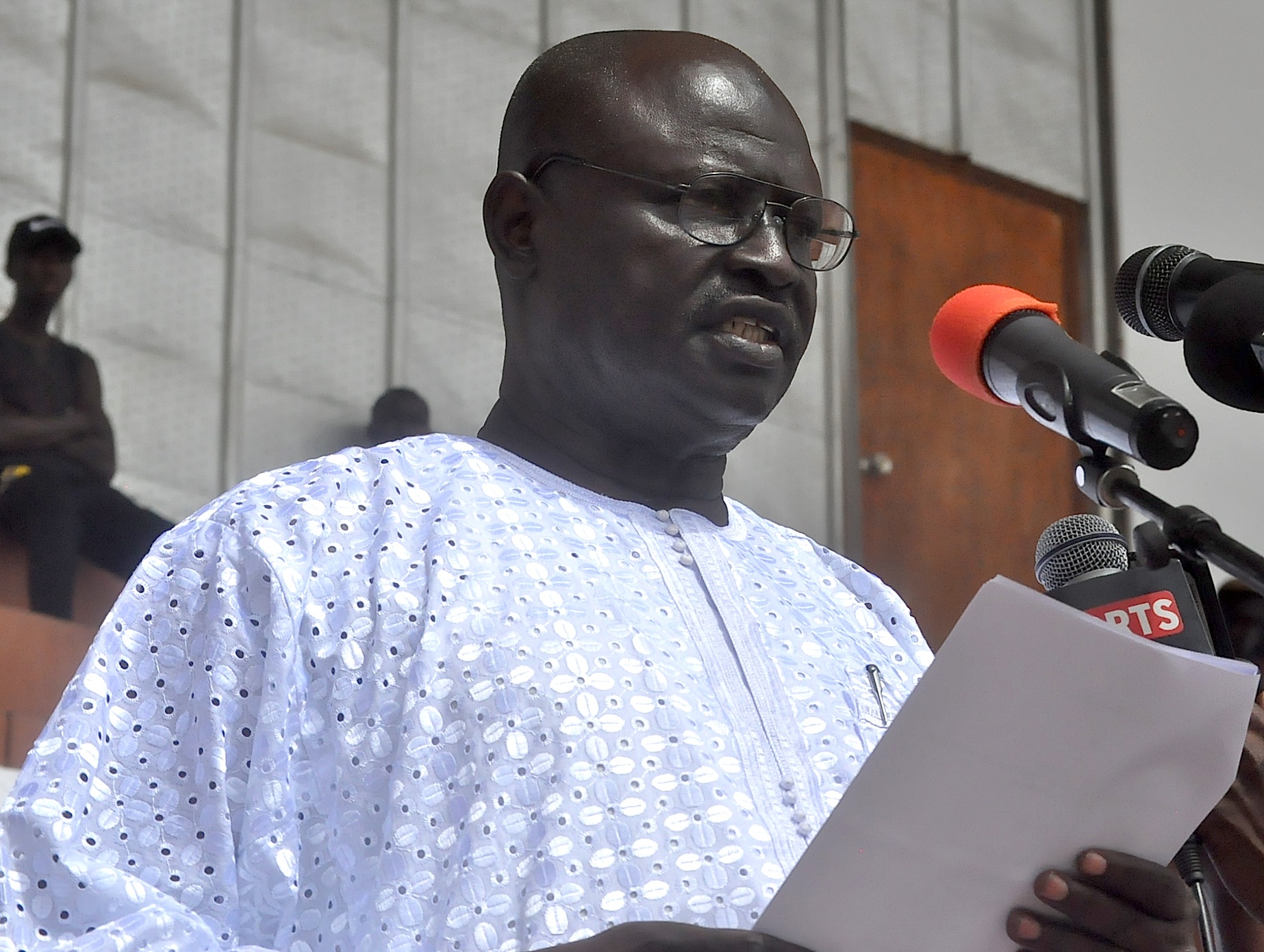By Adama Makasuba
Under a scorching day on Saturday at around 4:30 pm, the residents of Brikama-Ba and its surrounding communities did call on The Gambia government to reduce the prices of commodities in the country.
Brikama-Ba is a town with over 2000 inhabitants in the Central River Region which is 250 kilometers away from Banjul, made the call in an exclusive interview with The Voice.
People do gather on each Saturday to exchange businesses commonly called ‘Lumo’ market day, where some venture into a barter trade by exchanging livestock such as horses, donkeys, goats, cattle, sheep, and hens with others that sell foodstuff like vegetables, rice, oil, onion, and sugar.
Nene Jallow an ice and juice seller from Bansang who is the breadwinner of her family after the demise of her husband five years ago. However, she expresses her worries about the soaring prices in the country.
As the breadwinner, now she had to wake up as early as 5:00 am and prepare for her daily breakfast to sell at the Bansang hospital in order to put bread on the table for the family.
Moreover, the little amount she makes as profit out of her sales goes back to the welfare of the family which she describes as living from hand to mouth.
As she explains the condition of living in melancholia: “Living is very hard as for now, if she doesn’t sell she doesn’t live too with her family. Also, the family is an extended system and is from this business that she takes care of herself and the family. She does make a profit of 300 dalasi sometimes 350 dalasi. It depends on the sales at times. What she sells in the week is what she uses to cater for her children’s well-being as well as paying their school fees.”
“Her husband is dead and she is alone taking care of the family. She sells at Bansang hospital daily, but the cost of rice and oil is expensive, even the price of meat and fish is untouchable; living is very hard here.”
Nevertheless, Omar Njie’s main concern is tax imposed on them by the government which he describes as ‘unfavorable’ while calls on Barrow’s administration to reduce the cost of tax imposed on them.
Mr. Njie, who sells cloths, expresses high hope for business growth in the area “Thank God business is booming gradually. Our main problem is the tax imposed on us which is very costly and transportation also is costly. However, Let the government reduce the high tax on us because what we pay on tax, we don’t have that amount out of our businesses.”
Another resident of Brikama Ba – Fatou Baye who sells vegetable and her prime worries is how to put the three square meals on the table daily for the family, which she complains to be very hard as a parent. He then stated that the hand to mouth feeding do exceed the income gained out of the business.
Madam Boye sells onion, garden eggs, pounded pepper, black pepper, and carrots; says that the price of commodities now keeps fluctuating day in, day out with no concern from the government on addressing the matter.
After buying stock of onions at 750 dalasi per bag in the Greater Banjul Area, she then transports them to Brikama on 25 dalasi per bags before she would finally start reselling the onions as a retailer.
In her anxiety tone: “Living is really hard here. Onion is too expensive because we do buy a bag of onions for D750 and pay for it transportation at the cost of D25 and again pay someone to transport it from the vehicle to the market for resell; really we make nothing out of it. Rice, sugar, oil are expensive and nothing is cheap in the Gambia now.”
In her two by two square shop with only a roof on the top. She sells a kilo of onion for 60 dalasi but many of her customers have turned down the price and few could bear to buy it on that price which also worries her.
Madam Boye also calls on Barrow’s administration to help and address price hike in order to make living better in the country.
“Let the government delight in helping us, whatever we do is for our families and the nation especially. We the women of this country are catering for children in marriages are really hard. Our main challenge is how to put food on the table for the family”




